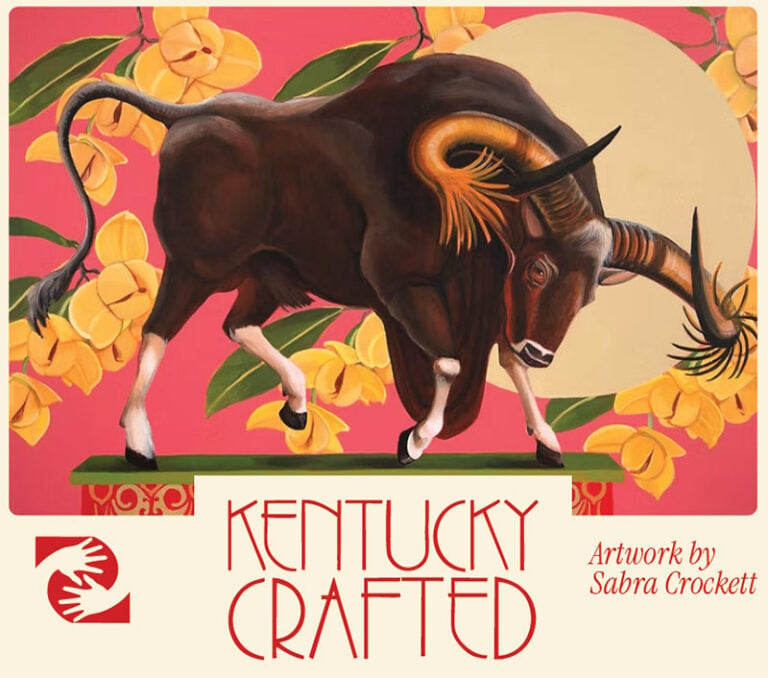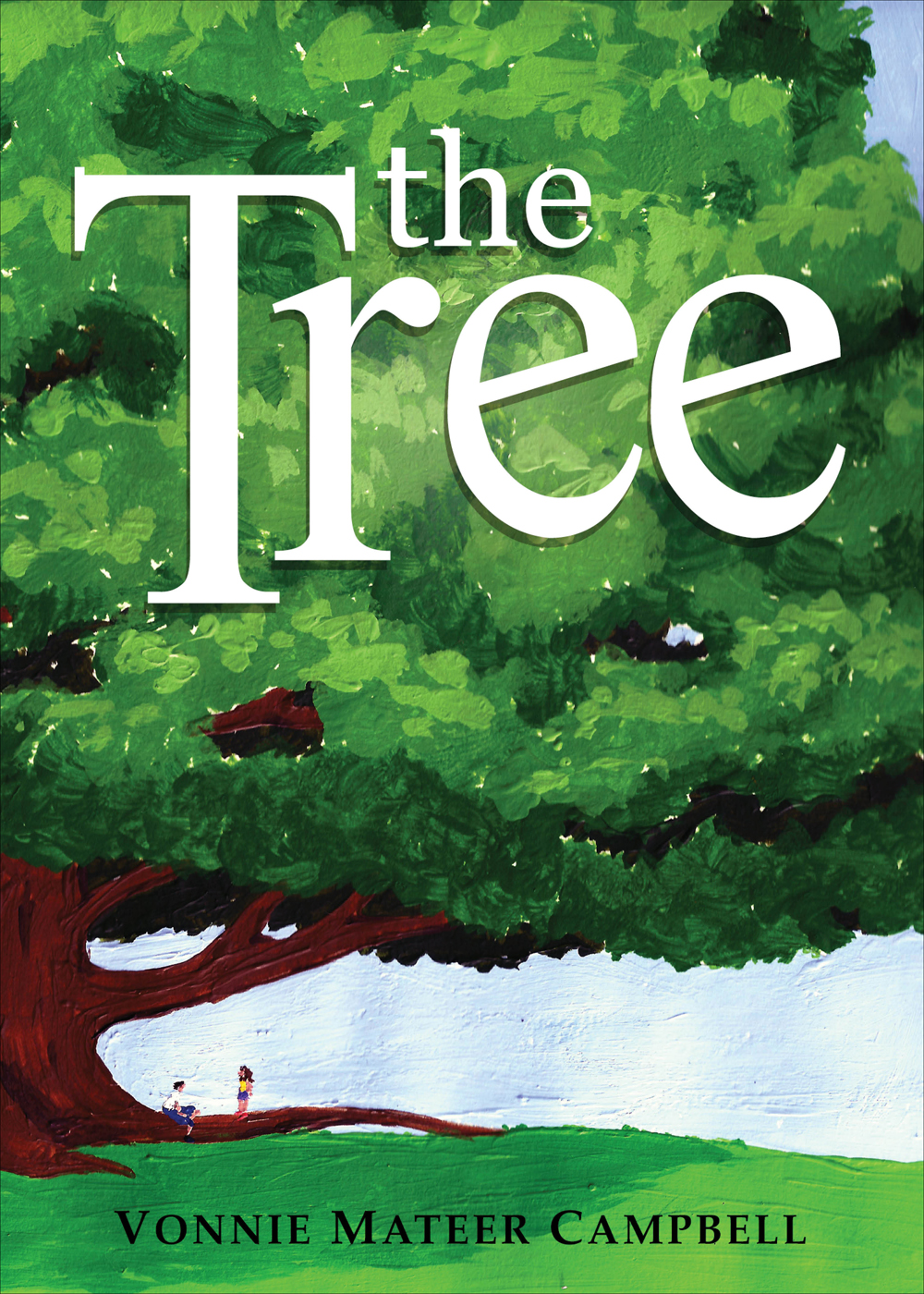I was drawn to The Tree by Hebron author Vonnie Mateer Campbell because of a promotional blurb from Tate Publishing: “A tree, a legend, and one crazy neighbor. Just the mix for a perfect adventure for Toria and her cousin, Wind, during summer vacation. Perfect, that is, until their friendship is torn apart over what they find. Will they choose to believe what they see and let The Tree change them forever?”
Immediately, I wondered: how can a tree change people forever, especially children?
The basic premise of Campbell’s story is buoyantly simple. Winston Oliver, known as Wind, is idling time with his cousin Toria, a budding sleuth, who always visits Wind in the summer. Elanville, where Wind resides, is the setting for this fable. One very special tree in Elanville is its focal point.
In the course of their daily adventures, they visit with Miss Ignes, Wind’s offbeat neighbor who walks to the beat of a different drum. Conversing with the children, she relates a story about a remarkable tree in a local park that, from the time it was a sapling, promised to bear fruit, even in the coldest winters; fruit that is indescribably delicious and powerful. Promised, you say? When you read the book you’ll learn as Toria does, that this remarkable tree talks.
Without getting into too much detail and spoiling an excellent and adventurous read, there are subplots about false accusations, jealousy, selfishness, and forgiveness, all of which are soothed by a sampling of The Tree’s delectable fruit. Suffice it to say The Tree has numinous powers, is a safe haven for birds and chipmunks, has a massive trunk and many branches, hides secrets, and produces a tasty fruit with mysterious powers. I found it amusing that the tree actually enjoyed a good conversation.
After reading and reflecting on this lyrical escapade, I realized The Tree is an allegory for many of life’s lessons. From my perspective, the story connects on multiple layers:
First, it shines a light on the importance of forgiveness and the freedom that comes with exercising compassion and exorcising negatives that separate us in so many ways.

Second, the story relates both the pleasure and consternation of wide-eyed discovery. For just a moment, please harken back to your youth. Remember how discovering new things was sometimes a scary proposition because it challenged the comfortable tenets by which you lived? However after the discovery took root, your conversation was more confident and your step more lively.
Third, The Tree is a story about seeking truth. Being true to oneself is one aspect of truth; however, being true and honest to those with whom we associate and not bearing false witness is equally as important.
Fourth, when reading this book, one reconnects with the importance of humor as a stepping stone in the maturation process. I believe, when used well, humor expands key messages. In this regard, Campbell’s effort is noteworthy.
Finally, The Tree is a story about hope and optimism. We all need hope in our lives and optimism is, more often than not, contagious.
I believe you and your children will enjoy this book. I know it was well received by area elementary students in preparation for its market launch. Campbell, the daughter of American missionaries who have spent a good part of their lives in South America, ably brings her experiences to the fore in this tale of right and wrong, good and bad, and forgiveness and lasting happiness. You can learn more about The Tree here.
Donald Then, a novelist and experienced editor and journalist, is NKyTribune’s literary editor. He reviews books written by local authors or those with a Northern Kentucky setting. Reach him at author@djamesthen.com Visit his website at www.djamesthen.com.



















